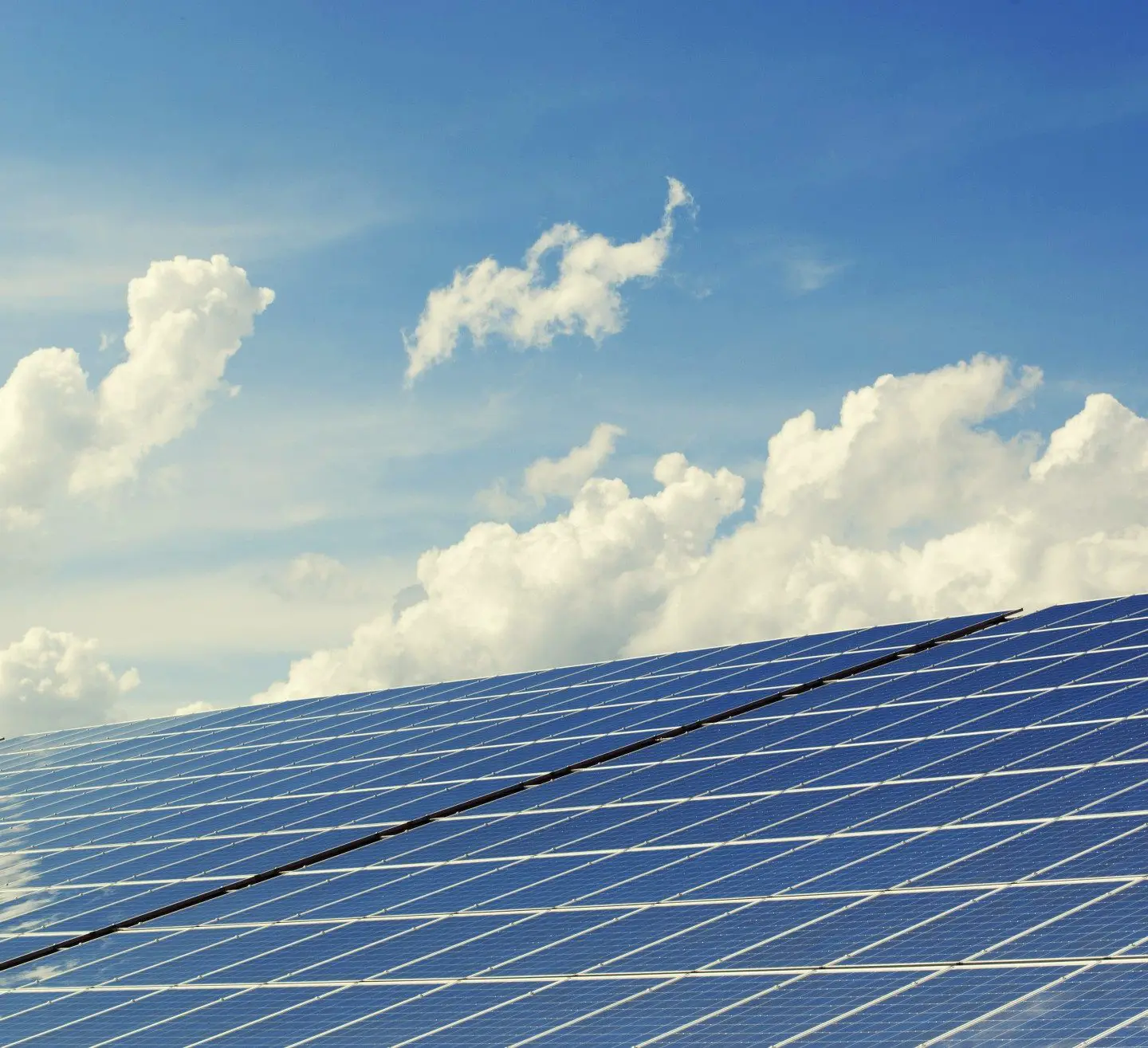As a homeowner, you’re urged to make eco-friendly changes to your life before 2030. Even more so as the scenario after the pandemic gets grimmer and grimmer.
We need to contribute as much as we can to the world’s improvement. And the best way to start is by using renewable energy.
That way, we can enable ourselves to live greener and healthier lives. If you’re still not convinced about switching over to solar after the onset of the pandemic. Below are the major benefits of going solar; read on to find out more!
1. Cost Savings
Homeowners and businesses alike can expect to save considerable amounts of money thanks to lower electricity bills. Solar installations offer free energy from the sun, meaning no more expensive monthly electricity bills.
Cost savings from solar can be compounded by state, local, or federal government incentives or tax credits, making a solar installation even more attractive.
Businesses can use solar as a marketing tool to draw in customers by showing that they embrace green energy and embrace the environment.
Solar is a long-term investment with lasting effects, so it’s important to consider the future of energy costs as well. Additionally, you can also save extra money with https://blueravensolar.com/kansas/ by starting your solar installation today!
2. Contributes to a Cleaner Environment
Solar energy is an abundant and renewable energy source that does not rely on fossil fuels. The burning of which produces emissions that harm the environment. The solar panels used to capture the sun’s rays can convert the energy into usable electricity.
That can help power homes and businesses. Solar energy also requires little maintenance and does not interfere with nature or wildlife. Additionally, its addition to the grid helps relieve stress on other energy sources, contributing to a more secure energy future.
Finally, solar energy can be financially beneficial, as owners often receive tax credits and rebates for installing solar energy equipment and benefit from reduced energy costs over the long term.
3. Long-Term Energy Security
In 2023, the benefits of solar will be far-reaching and extend to long-term energy security. This makes it a wise investment that can save homeowners money in the long run.
Solar energy is reliable, sustainable, non-polluting, and available almost everywhere. It can reduce dependence on fossil fuels and other potentially dangerous sources of energy.
Thereby reducing the potential for grid outages and avoiding the volatile pricing of fossil fuels and their associated environmental impacts.
Additionally, the cost of solar technology is coming down, making it increasingly economical and accessible to homeowners. Finally, homeowners can often take advantage of incentives and tax credits designed to make solar more appealing.
4. Efficient
In 2023, solar energy will be one of the most efficient sources of renewable energy available. Going solar is expected to provide numerous benefits for homeowners and businesses alike.
Not only is solar energy clean and renewable, but when combined with energy storage systems, solar users can save money and potentially go off the grid.
Additionally, solar is easy to install and maintain, making it an attractive option for homeowners and businesses alike. With advances in technology, solar panels are becoming more efficient and increasingly affordable.
Going solar in 2023 should provide numerous cost and efficiency benefits, such as:
- lower electricity bills
- reduced heating and cooling costs
- improved resale values
- reducing your environmental impact
5. Reduces Water Consumption
Solar energy is a renewable resource that does not require water to generate electricity. Water is used to cool down conventional power plants, but solar systems have no risk of water contamination because they do not use a steam cycle.
Additionally, the use of photovoltaic cells to convert the sun’s energy directly into electricity can reduce water consumption. Finally, solar energy does not require any fuel to generate electricity, which means no need for water for mining or creating the fuel. Solar energy can provide the energy our twentieth-century society needs without sacrificing water resources.
6. Low Maintenance
Solar panel systems are built to last for decades, meaning that after their initial installation and the occasional maintenance check, their owners can trust them to work reliably for years to come.
The robust nature of the panels, combined with little interference from the elements, makes maintenance simple. Solar panel owners won’t need to worry about constantly cleaning the system or damage from storms, snow, wind, or ice.
All they will need is the occasional unstinting and inspection, meaning that going solar greatly reduces the homeowner’s need for maintenance. As a result, households that decide to go solar in 2023 can expect significantly reduced effort and expense when it comes to system maintenance.
7. Customer Satisfaction
In addition to helping to reduce their electric bills and lower their environmental impact. Customers are turning to solar to get more from their energy use and increase satisfaction with their energy sites.
By 2023, customers will experience a range of benefits from solar energy, such as:
- increased safety and stability
- money-saving initiatives
- improved quality of life
Solar energy advantages in 2023 will include enhanced customer satisfaction due to better system performance and reduced costs. Furthermore, customers can also experience improved reliability and ease of access, as well as the satisfaction of knowing they are reducing their carbon footprint and helping their community become greener.
Consider Going Solar Now
The benefits of going solar in 2023 are clear: cost-effective and environmentally friendly energy solutions, not to mention potential tax credits.
Don’t wait any longer; start the exciting journey of going solar and lower your energy costs and your carbon footprint today! We recommend that individuals who are ready for the solar payoff invest in a solar panels installation now and reap the rewards in the future.
Did you find this article helpful? Check out the rest of our blogs!
